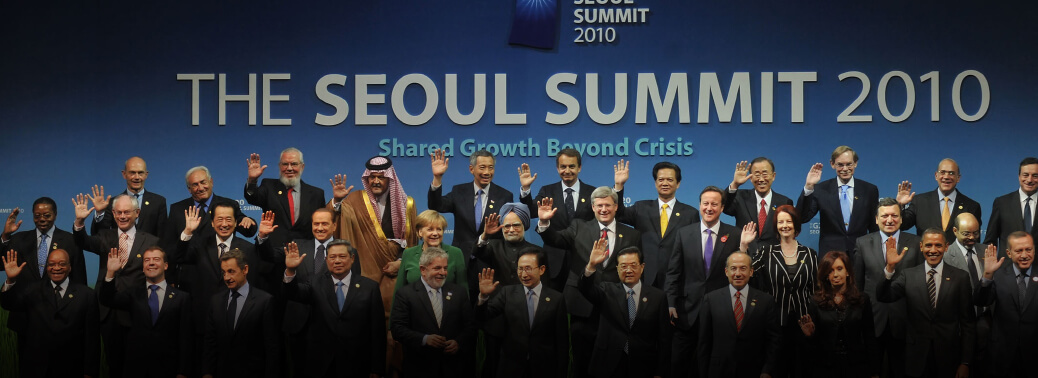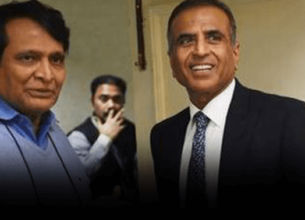G-20 SUMMIT
30, Jun 2019

Prelims level : International
Mains level : Bilateral, Regional and Global Groupings and Agreements Involving India and/or affecting India’s Interests.
Why in News?
- After the Asian Financial Crisis in 1997-1998, it was acknowledged that the participation of major emerging market countries is needed on discussions on the international financial system, and G7 finance ministers agreed to establish the G20 Finance Ministers and Central Bank Governors meeting in 1999.
- The G20 Finance Ministers and Central Bank Governors meetings were centered on major economic and monetary policy issues amongst major countries in the global financial system and aimed at promoting cooperation toward achieving stable and sustainable global economic growth for the benefit of all countries. The participating members in the meetings were the same as the current G20 members.
G-20:
- The Group of 20 nations (G20) is an international grouping made up of Argentina, Australia, Brazil, Canada, China, the European Union, France, Germany, India, Indonesia, Italy, Japan, Mexico, Russia, Saudi Arabia, South Africa, South Korea, Turkey, the United Kingdom, and the United States.
- The G20 Summit is formally known as the “Summit on Financial Markets and the World Economy”.
- Spain is a permanent guest invitee. It was established in 1999 to broaden the remit of the G7 – a grouping of the world’s most powerful nations, and its primary mandate is to “prevent future international financial crises”.
- The host country of the G20 summit leads the group over the course of one year from December through the following November as the G20 presidency. The G20 presidency also organizes relevant ministerial and working group meetings.
- Leaders initially met twice a year, but this was reduced to once a year since 2011. The leaders’ meetings are usually preceded by ministerial meetings by trade ministers, finance ministers and central bank governors, which are designed to set the agenda for the meetings of the world’s most powerful leaders.
Achievements:
- In 2009, when the UK held a special spring summit, former Prime Minister Gordon Brown orchestrated a deal in which world leaders agreed on a $1.1 trillion injection of financial aid into the global economy.
- The G20 so far has made important progress in reshaping the governance of global finance by implementing macro-prudential policies, developing strict rules on the “too big to fail” problem, increasing the lending capacity of the International Monetary Fund (IMF) and collecting richer information on the shadow banking system.
- The G-20 has also played a crucial role in strengthening the international financial regulatory system, including better coordination across countries.
Challenges:
- The G20 is widely perceived to have failed to address global inequality. The expansion of the G7 to include more emerging economies brought hope that this would be addressed, but in most member states, inequality is widening.
- The G20, like many plurilateral organisations, is often dismissed as a “talking shop”, where leaders offer plenty of bluster, but achieve very little material progress.
Osaka Meet decisions concerning India:
- 2019 G20 meet happened in Osaka Japan
- Prime Minister Narendra Modi and United States President Donald Trump came closer to resolving trade issues when they met in Osaka, but on technological issues such as data storage and 5G network, India placed itself across the divide from Japan and the U.S. and alongside leaders of BRICS. The initiative for free flow of data, announced by Japanese Prime Minister Shinzo Abe in January, came after the Reserve Bank of India’s guidelines mandating that the storage of all financial data, including by multinational companies, must be kept on servers in India.









